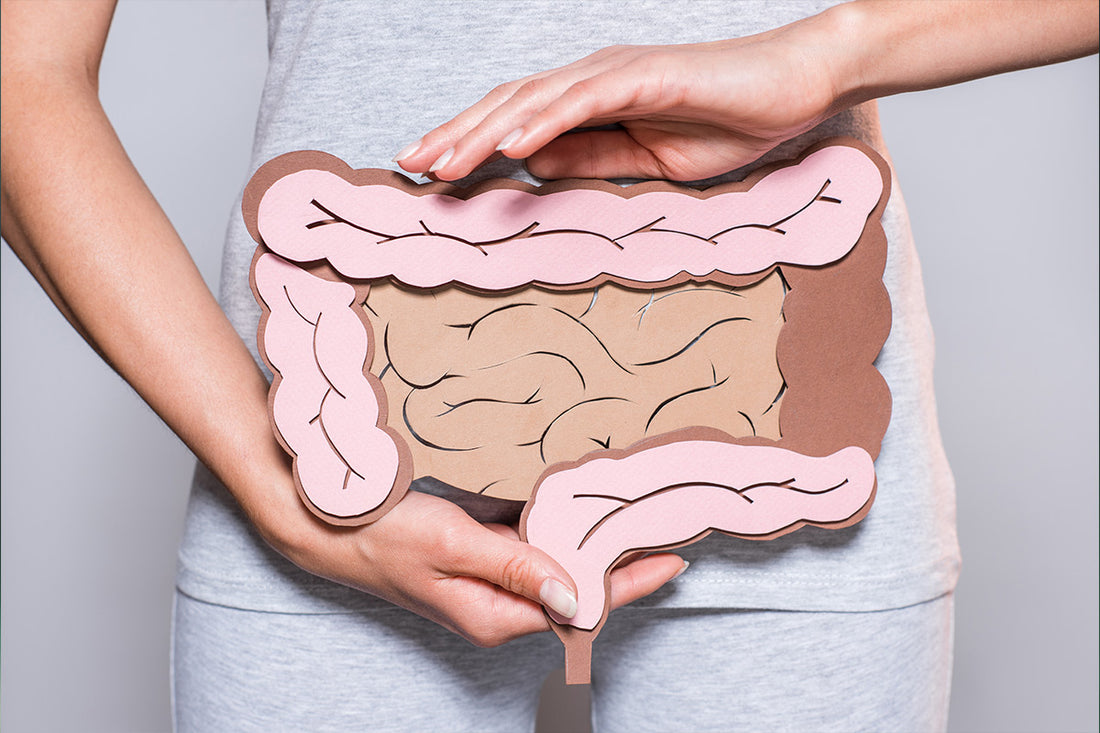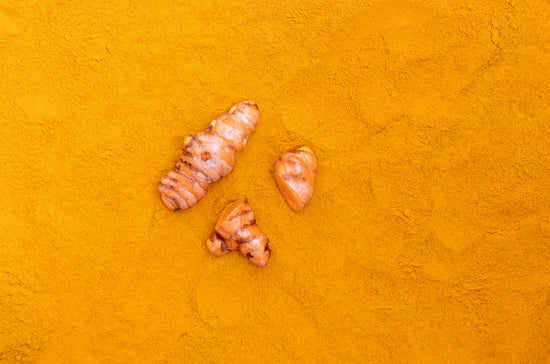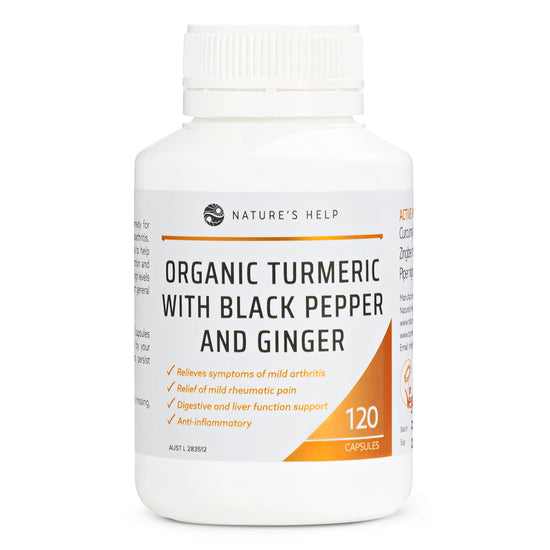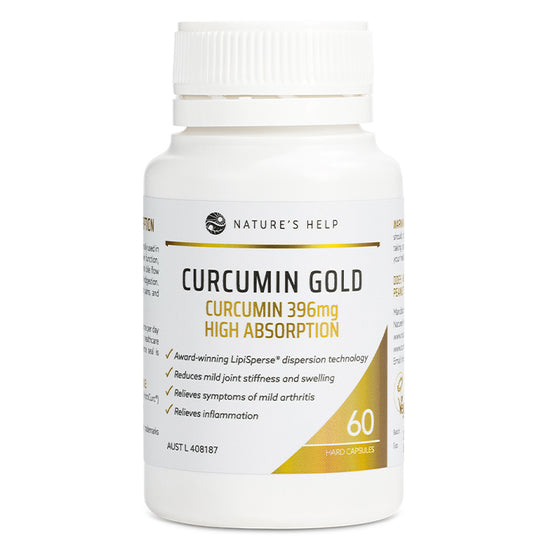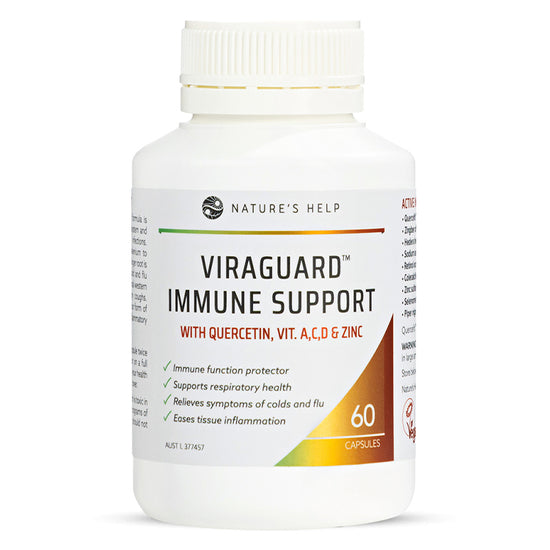The most common problems associated with the digestive tract are diarrhoea, constipation, irritable bowel syndrome (IBS), inflammatory bowel disease (IBD), and heartburn. These can be caused by many things, such as an unhealthy lifestyle, poor nutrition, a certain food sensitivity or even an infection.
For the most part, a plant-based diet is a great way to enhance your digestive system since it’s rich in fibre, water, vitamins, minerals, also lacking hard-to-digest foods such as red meat, dairy, and eggs. However, a plant-based diet is not for everyone, so we have listed some simple ways to help deal with some digestive difficulties.
Here are a few tips for you:
Eat Real Food
The Western world has a diet high in sugars and refined foods with no nutritional value. We should be eating a balanced diet with proteins, natural fats, fibre, minerals, grains, fish, fruits & vegetables. Eating real foods does not have to boring – a good seasoning can make your bland food tasty. Most people shy away from spices because they believe they don’t agree with them. Herbs and spices such as turmeric, ginger, fennel, parsley and cayenne pepper have microbiome healing powers. So, don’t shy away from spices just learn the ones best to use. See a list of good digestive spices here.
Add in fermented foods that are rich in probiotics and teeming with microorganisms to increase the abundance of health-promoting microbes in the gut.
Get Plenty of Fibre
Fibre is the indigestible parts of plant foods, such as vegetables, fruits, grains, beans and legumes. It is a type of a carbohydrate that helps keep our digestive systems healthy. There are three different types of fibre which all have different functions and health benefits, all 3 playing an important role in digestive health and maintaining regular bowel movement.
Eat raw or slightly steamed vegetables, which contain higher amounts of enzymes and fibre.
Add Healthy Fats to Your Diet
Some years back, fat was condemned as bad for your health and people started eating more refined foods. But in recent times, research has shown that our bodies do require healthy fats to lubricate our intestine parts. Some of the best sources of these fatty acids include avocados, olive oil, nuts, seeds, coconut, cheese and fatty fish.
Stay Hydrated
Humans are made up of 60% water and our blood being 90% water. Water is essential to flush our systems of waste products and toxins, yet many of us go through life dehydrated – causing tiredness, low energy, and headaches. Your digestive system depends on water and although there is no agreed amount to consume daily, the test for dehydration is the colour of your pee. Drink more water if your pee is dark in colour.
Manage Your Stress
Stress negatively affects our digestive system. It can cause a decrease in your blood and oxygen flow to the stomach which can cause cramping due to an imbalance in gut bacteria and inflammation. The brain and the gut are connected and constantly in communication. In fact, more neurons reside in the gut than in the entire spinal cord, according to research published in the book Neuroscience. Controlled in part by the central nervous system in the brain and spinal cord, the gut has its own network of neurons in the lining of the gastrointestinal system. In fact, the system of nerves in your gut is so influential that some researchers consider the gut a second brain, as noted in an article published in Scientific American. Stress can significantly impact the way your body release of enzymes to break down food.
Chew Your Food
The simple act of chewing food in your mouth helps to break down larger particles of food into smaller particles. This helps to reduce stress on the oesophagus and thereby helps the stomach to metabolise your food. When food is chewed thoroughly, you also release a lot of saliva, which contains digestive enzymes. Drinking water when you eat is not recommended as it can slow the digestive process by diluting enzymes in the body that break down food.
Get Moving
In a study from the University of Illinois, researchers found that exercising for just six weeks could have an impact on the microbiome. Over 100 trillion bacteria live in your gut microbiome and most of your immune system is found within the gut. Consistent exercise improves your gut health, which improves your immune system. Physical activity relieves tension and stimulates the release of chemicals in your brain called endorphins. Remind yourself how good you feel by exercising regularly and try setting a goal and making it fun. Too busy? Go round the block with your phone and catch up with a friend while walking.


